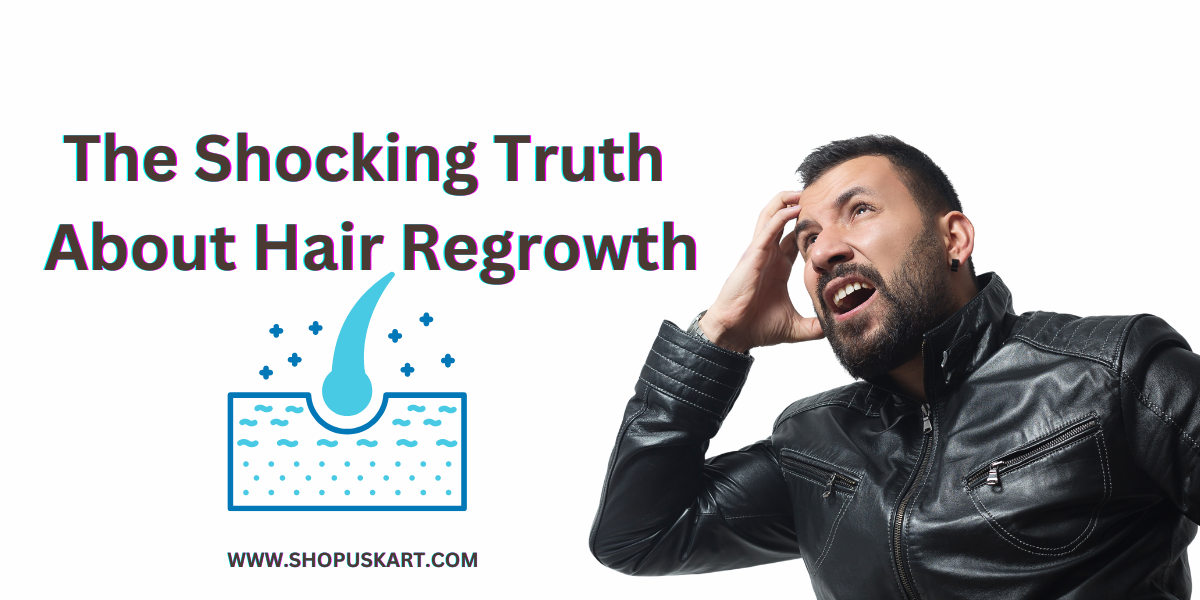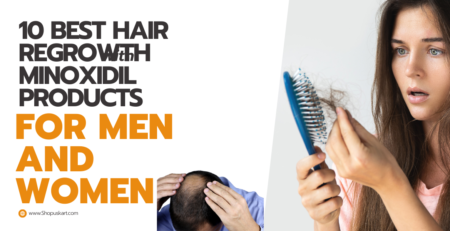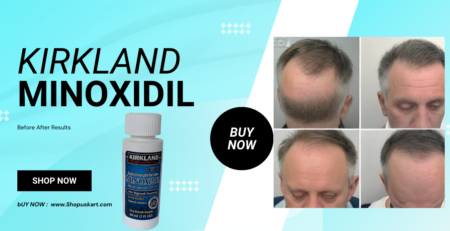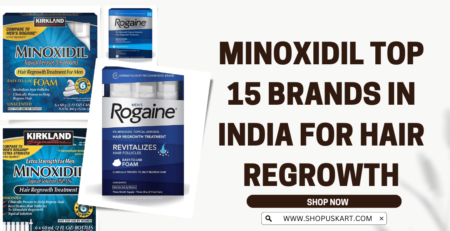The Shocking Truth About Hair Regrowth
Hair regrowth is a topic that many people are curious about, as losing hair can be a distressing experience for both men and women. While there are many products and treatments on the market that claim to promote hair regrowth, the truth is that not all of them are effective. In fact, some may even be harmful to your scalp and hair follicles. It’s important to do thorough research and consult with a healthcare professional before trying any hair regrowth products or treatments.
Hair Regrowth
One shocking truth about hair regrowth is that genetics play a significant role in determining whether or not you will experience hair loss and how successful regrowth treatments will be. If you have a family history of hair loss, you may be more likely to experience it yourself. Additionally, age, hormonal imbalances, and certain medical conditions can also contribute to hair loss.
Another shocking truth is that many popular hair regrowth products contain chemicals and ingredients that may cause more harm than good. Some products contain harsh chemicals that can damage your scalp and hair follicles, leading to further hair loss. It’s important to read the labels and do your research before using any product on your hair.
In conclusion, while the idea of regrowing hair may be appealing, it’s important to approach the topic with caution and skepticism. Understanding the factors that contribute to hair loss and choosing safe and effective treatment options is key to promoting healthy hair regrowth.
Understanding Hair Loss: The Science Behind It
Hair loss is a common issue that affects many people, both men and women. While it can be distressing, understanding the science behind hair loss can help in finding ways to address it. Hair loss occurs when hair follicles shrink over time, leading to thinner and shorter hair strands. This can be caused by a variety of factors, including genetics, hormonal changes, and certain medical conditions.
One of the main contributors to hair loss is a hormone called dihydrotestosterone (DHT), which is produced from testosterone. DHT binds to hair follicles, causing them to shrink and eventually stop producing new hair. This is why hair loss is more common in men, as they have higher levels of testosterone.
Another factor in hair loss is genetics. If you have a family history of hair loss, you are more likely to experience it yourself. This is because certain genes can make you more susceptible to the effects of DHT on your hair follicles.
Understanding the science behind hair loss can help in finding effective treatments. There are medications available that can block the production of DHT or stimulate hair growth. Additionally, lifestyle changes such as reducing stress, eating a healthy diet, and avoiding harsh hair treatments can also help in preventing or slowing down hair loss. By understanding the underlying causes of hair loss, you can take steps to address it and maintain healthy hair.
Common Causes of Hair Loss
Hair loss is a prevalent issue influenced by various factors, including genetics, hormonal changes (during pregnancy, menopause, or thyroid issues), stress, poor nutrition (deficiencies in iron and zinc), and certain medical conditions or medications. Identifying the underlying cause is crucial for effective treatment.
The Role of Genetics and Hormones
Genetics and hormones play a significant role in shaping who we are as individuals. Our genetic makeup determines many aspects of our physical appearance, such as eye color, height, and predisposition to certain health conditions. Additionally, genetics can also influence our personality traits, such as intelligence, creativity, and temperament.
Hormones, on the other hand, are chemical messengers in the body that regulate various bodily functions, including growth, metabolism, and reproduction. Hormones play a crucial role in our mood, energy levels, and overall well-being. For example, imbalances in hormones such as cortisol or serotonin can lead to mood disorders like depression or anxiety.
Together, genetics and hormones interact to influence our behavior, emotions, and overall health. Understanding how these factors work together can help us better understand ourselves and make informed decisions about our lifestyle choices. By recognizing the role that genetics and hormones play in our lives, we can take proactive steps to optimize our health and well-being.
Lifestyle Factors that Impact Hair Growth
There are several lifestyle factors that can impact hair growth. One important factor is diet. Eating a well-balanced diet rich in vitamins and minerals is essential for healthy hair growth. Foods high in protein, such as lean meat, fish, and eggs, are particularly important for promoting strong and healthy hair. In addition, staying hydrated and drinking plenty of water can also help support hair growth.
Another lifestyle factor that can impact hair growth is stress. High levels of stress can lead to hair loss and thinning. Finding ways to manage stress, such as through exercise, meditation, or relaxation techniques, can help promote healthier hair growth.
Regular exercise is also important for promoting healthy hair growth. Exercise helps improve circulation, which can stimulate hair follicles and promote growth. It also helps reduce stress levels, which as mentioned before, is important for maintaining healthy hair.
Lastly, proper hair care practices are essential for promoting hair growth. This includes using gentle shampoos and conditioners, avoiding excessive heat styling or harsh chemicals, and protecting your hair from environmental damage. By incorporating these lifestyle factors into your daily routine, you can help support healthy hair growth.
Nutrition and Hair Health
Nutrition plays a crucial role in maintaining healthy hair. A diet rich in essential vitamins and minerals can help promote strong, shiny hair and prevent issues like hair loss or breakage. Some key nutrients for hair health include biotin, vitamin E, iron, and omega-3 fatty acids. Foods like eggs, nuts, leafy greens, and fatty fish are great sources of these nutrients and can help improve the overall health of your hair.
In addition to a balanced diet, staying hydrated is also important for hair health. Drinking plenty of water helps keep your hair hydrated and prevents it from becoming dry and brittle. Avoiding excessive heat styling and harsh chemicals can also help maintain the health of your hair.
Overall, focusing on nutrition and maintaining a healthy lifestyle can have a positive impact on the health and appearance of your hair. By incorporating nutrient-rich foods into your diet and practicing good hair care habits, you can support strong, vibrant hair for the long term.
Making Informed Choices for Hair Restoration
When it comes to hair restoration, making informed choices is crucial to achieving the best results. There are several options available, including medications, topical treatments, hair transplant surgery, and laser therapy. Before deciding on a treatment option, it’s important to consult with a qualified medical professional who specializes in hair restoration. They can assess your individual needs, discuss the pros and cons of each treatment option, and help you make an informed decision based on your goals and budget.
In addition, it’s important to do thorough research on the different hair restoration methods available. Look for reputable sources of information, such as medical journals, clinical studies, and patient reviews. This will help you understand the effectiveness and potential risks associated with each treatment option. It’s also important to consider factors such as cost, recovery time, and potential side effects when making your decision.
Ultimately, the key to making informed choices for hair restoration is to educate yourself, consult with a qualified professional, and carefully weigh the pros and cons of each treatment option. By taking the time to research and understand your options, you can make the best decision for your individual needs and achieve the results you desire.













Leave a Reply